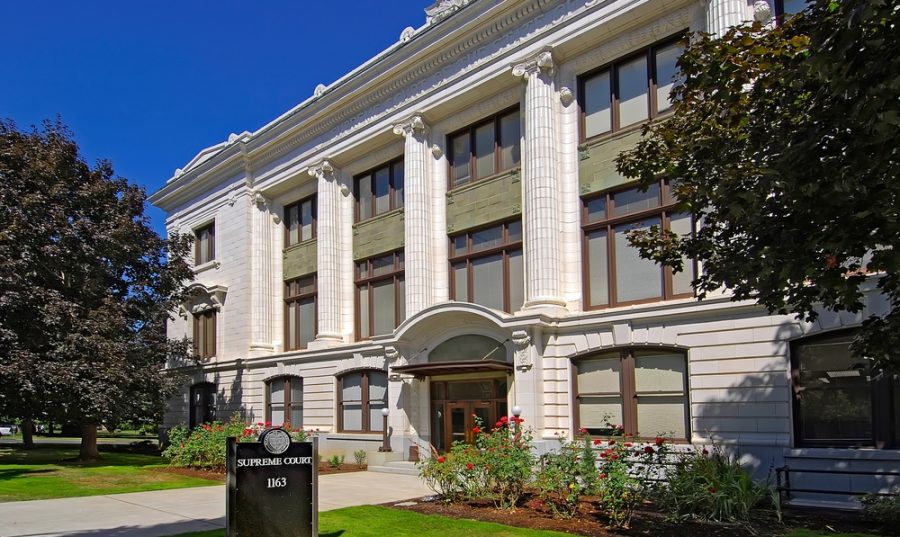 In August 2013, we reported that Christmas had come early for the California subrogation community due to a recent decision from the Court of Appeals which found that the “Right to Repair Act” (SB 800) did not apply to cases in which a property owner had suffered actual damages. Prior to the Liberty Mutual Insurance Company v. Brookfield Crystal Cove decision, subrogation professionals in California would encounter arguments that their subrogation claim was barred because proper notice and opportunity to repair was not given to the home builder as required under the Right to Repair Act. However, in the Liberty Mutual decision, the Court concluded that the “Right to Repair Act” was only intended to provide remedies where construction defects have negatively affected the value of a home, not where actual property damages occurred (i.e. the Act did not apply to subrogation cases).
In August 2013, we reported that Christmas had come early for the California subrogation community due to a recent decision from the Court of Appeals which found that the “Right to Repair Act” (SB 800) did not apply to cases in which a property owner had suffered actual damages. Prior to the Liberty Mutual Insurance Company v. Brookfield Crystal Cove decision, subrogation professionals in California would encounter arguments that their subrogation claim was barred because proper notice and opportunity to repair was not given to the home builder as required under the Right to Repair Act. However, in the Liberty Mutual decision, the Court concluded that the “Right to Repair Act” was only intended to provide remedies where construction defects have negatively affected the value of a home, not where actual property damages occurred (i.e. the Act did not apply to subrogation cases).
Fast forward a few months and the California Court of Appeals have made two additional decisions on the topic. On February 19, 2014, the California Court of Appeals, 2nd Appellate District in Cynthia Burch v. Premier Homes, LLC, found that the Right to Repair Act did not provide an exclusive remedy for a homeowner seeking damages for construction defects. Rather, it found that common law causes of action for negligence and breach of warranty were permissible for construction defects that actually caused property damage. The Court cited to the prior Liberty Mutual decision, noting that the Court had examined the Act and its legislative history, and agreed with the Liberty Mutual decision – the Right to Repair Act did not provide an exclusive remedy and did not limit or preclude common law claims for damages for construction defects that have caused property damage.
On February 21, 2014, the 2nd Appellate District in Allstate Insurance Company v. KB Homes of Greater Los Angeles, Inc., ruled that the failure to give KB Homes timely notice and opportunity to inspect and offer to repair the construction defect excused KB Homes’ liability for damages under the Right to Repair Act. The case was unusual in that a series of demurrers left plaintiff Allstate Insurance Company only one cause of action – a violation of the Right to Repair Act – and no common law causes of action. The Court found that the sole issue before it was whether the Right to Repair Act required that notice be given to a builder before repairs are made. They distinguished the Liberty Mutual case (which notably involved common law causes of action), stating that the builder was allowed to repair the damage to the home. Here, in contrast, the builder was not given notice or any opportunity to inspect and to repair the defect before the damage was repaired.
The Allstate case can be distinguished on the ground that the Court’s decision was based on a single cause of action which alleged violation of the Right to Repair Act, and did not involve common law causes of action. Arguably, if the common law claims allowed in Liberty Mutual and Cynthia Burch were present, the Court would have followed the Liberty Mutual decision. As a result, it is critical to plead common law tort causes of action when filing an action that arguably would come under the umbrella of the Right to Repair Act.





